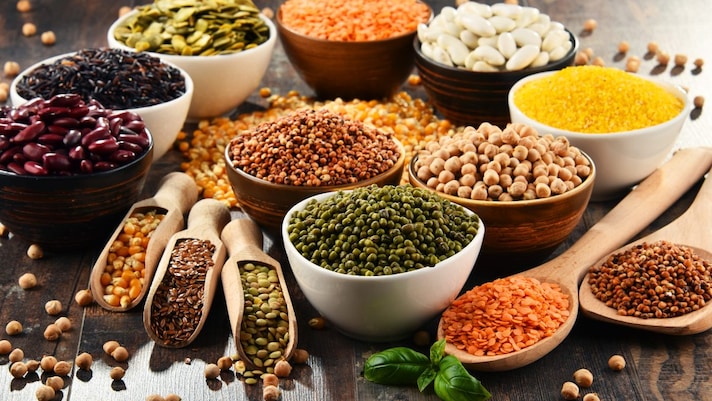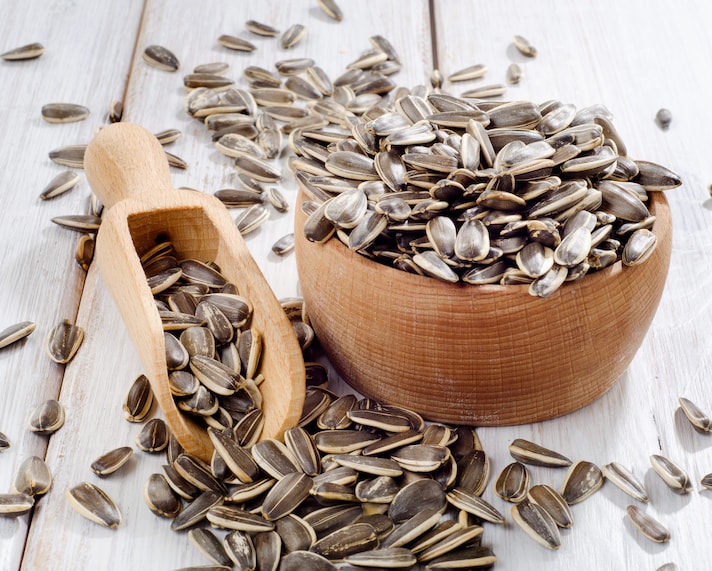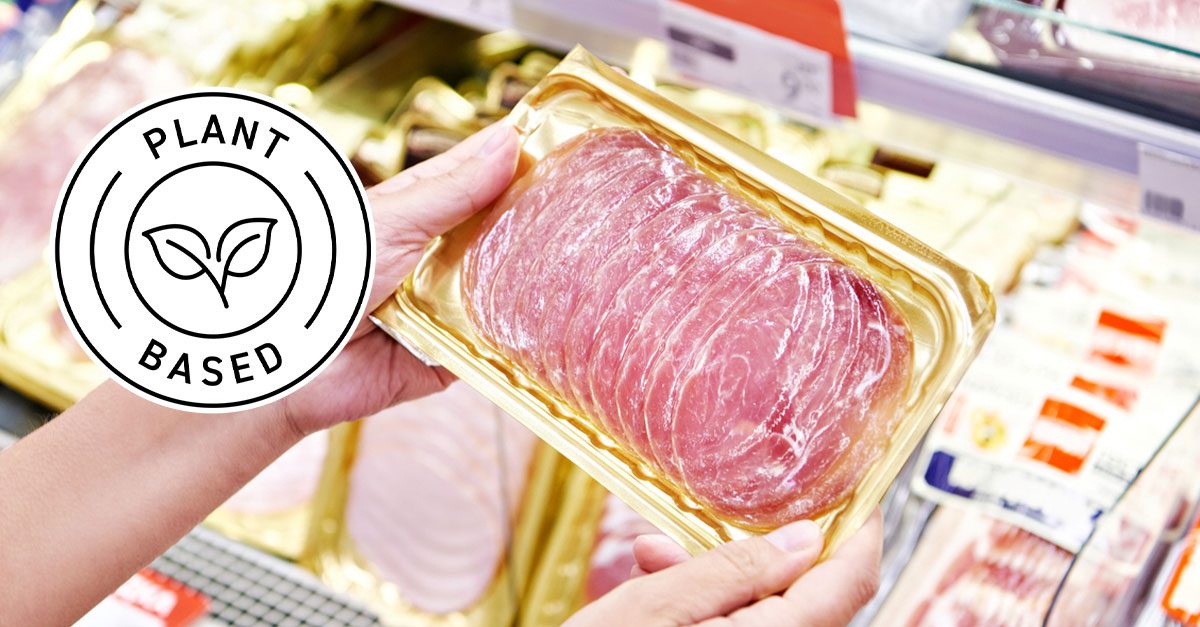Top Vegan Protein Sources to Power Your Plant-Based Diet
Eating vegan doesn’t mean missing out on protein! With a variety of delicious and nutritious plant-based options, getting your daily dose of protein is easier than ever. From legumes to grains and even some unexpected sources, here’s everything you need to know about vegan protein sources.

Protein is crucial for maintaining strong muscles, healthy skin, and a functioning immune system. While animal products are a common source of protein, a vegan diet offers plenty of alternatives that are both nutritious and delicious. Focusing on a variety of plant-based foods can help you easily meet your protein needs without compromising on flavor or variety.
1. Legumes

Legumes are a staple in vegan diets for a good reason; they're packed with protein and versatile enough for countless dishes. Lentils, chickpeas, black beans, and kidney beans are just a few examples that shine in soups, salads, and curries.
- Protein content: A cup of cooked lentils offers around 18 grams of protein.
- Bonus: They’re rich in fibers, helping you feel full and supporting digestion.
2. Tofu, Tempeh, and Edamame

Soy products are some of the most protein-dense options for vegans. Tofu and tempeh can be grilled, baked, or stir-fried, while edamame makes a simple, high-protein snack.
- Protein content: Firm tofu contains about 10 grams of protein per 100 grams.
- Tip: Tempeh, being fermented, has a nuttier flavor and offers gut health benefits.
3. Whole Grains and Pseudo-grains

Whole grains like quinoa, farro, and brown rice not only provide protein but are also rich in essential nutrients. Quinoa, in particular, is a complete protein, meaning it contains all nine essential amino acids.
- Protein content: A cup of cooked quinoa provides about 8 grams of protein.
- Why it’s great: Pseudo-grains like amaranth and buckwheat are gluten-free and versatile.
4. Seeds and Nuts: Tiny Powerhouses

Don’t underestimate seeds and nuts; they pack a serious protein punch. Chia seeds, hemp seeds, and flaxseeds are particularly high in protein and can easily be added to smoothies, oatmeal, or baked goods.
- Protein content: Hemp seeds deliver around 9 grams of protein per 3 tablespoons.
- Pro tip: Pair nuts and seeds with whole grains for a more complete amino acid profile.
5. Plant-Based Protein Powders and Fortified Foods
For those looking for a quick protein boost, plant-based protein powders derived from peas, rice, or hemp are excellent options. Additionally, fortified foods like plant milks and cereals often include added protein and vitamins.
- Protein content: One scoop of plant-based protein powder can provide 20 grams or more.
- When to use: Ideal for smoothies or post-workout recovery.
With so many incredible vegan protein sources, meeting your nutritional needs on a plant-based diet is not only achievable but delicious. Incorporate a variety of these options to enjoy well-rounded meals that satisfy both your taste buds and your protein goals.
;Resize,width=767;)
;Resize,width=712;)
;Resize,width=712;)
;Resize,width=712;)
